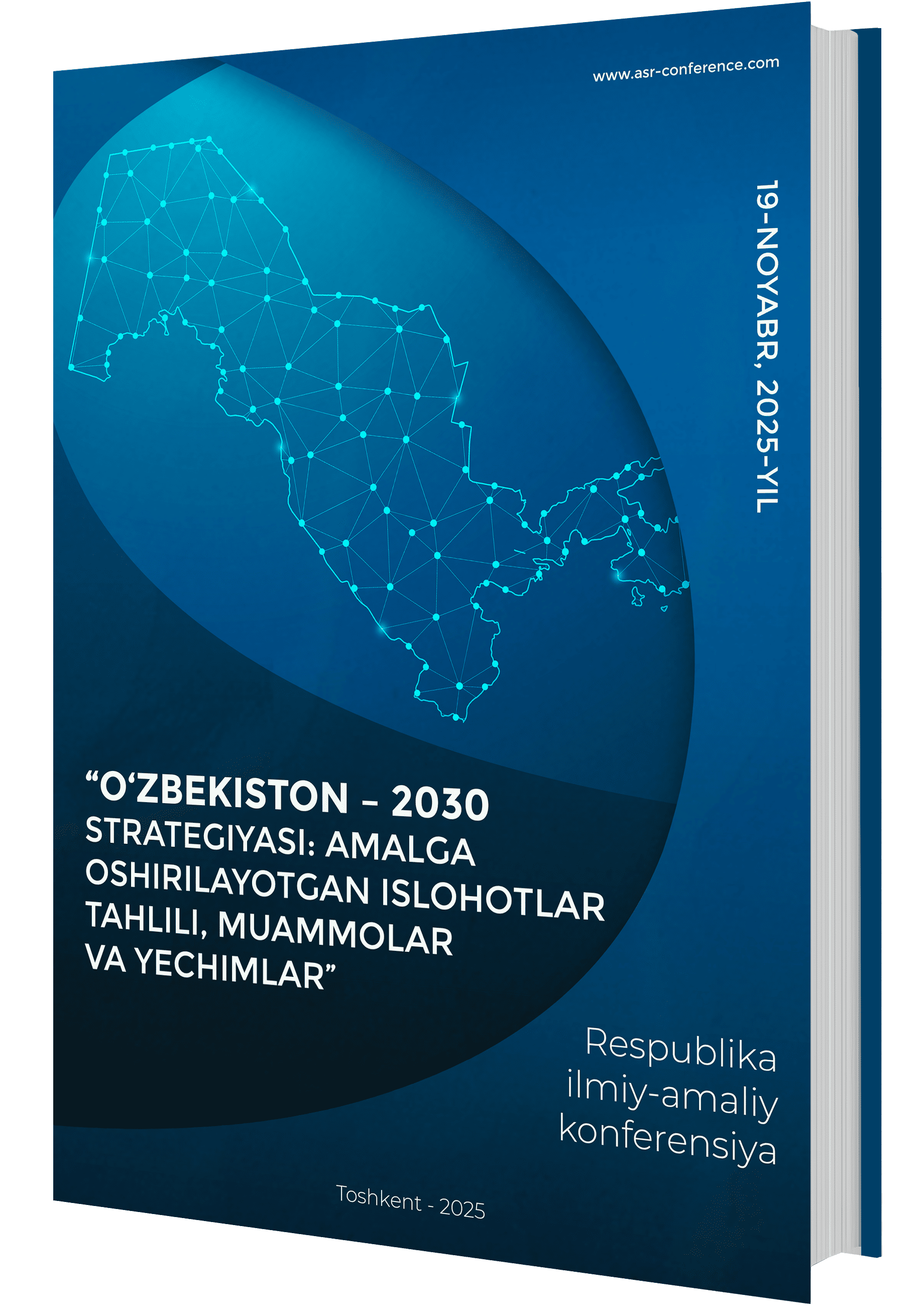THE ROLE OF LANGUAGE IN SHAPING ECONOMIC THINKING: COGNITIVE AND CULTURAL PERSPECTIVES
Аннотация
This paper explores how language shapes economic thinking through cognitive and cultural perspectives. By examining metaphors, conceptual frameworks, and culturally embedded meanings, it argues that language not only reflects but also constructs how individuals and societies perceive value, money, and economic behavior. The study applies a conceptual analysis grounded in cognitive linguistics—particularly the Sapir–Whorf hypothesis and Lakoff’s theory of conceptual metaphors—and complements it with cultural comparisons drawn from English, Uzbek, and East Asian economic discourses. The findings suggest that linguistic framing influences economic reasoning, while cultural values shape what societies consider fair, prosperous, or moral in economic life. This insight may contribute to improving intercultural communication, translation accuracy in economics, and global cooperation in policy-making.
Библиографические ссылки
Boroditsky, L. (2011). How language shapes thought. Scientific American, 304(2), 62–65.
Chen, K. (2013). The effect of language on economic behavior: Evidence from savings rates, health behaviors, and retirement assets. Quarterly Journal of Economics, 128(2), 669–701.
Fairclough, N. (2010). Critical Discourse Analysis: The Critical Study of Language. Routledge.
Lakoff, G., & Johnson, M. (1980). Metaphors We Live By. University of Chicago Press.
Whorf, B. L. (1956). Language, Thought, and Reality: Selected Writings of Benjamin Lee Whorf. MIT Press.
Weber, M. (1930). The Protestant Ethic and the Spirit of Capitalism. Routledge Classics.
Wierzbicka, A. (2006). English: Meaning and Culture. Oxford University Press.
Загрузки
Опубликован
Выпуск
Раздел
Лицензия
Copyright (c) 2025 Charos Ostonova

Это произведение доступно по лицензии Creative Commons «Attribution-NonCommercial» («Атрибуция — Некоммерческое использование») 4.0 Всемирная.
Условия лицензии
Эта работа доступна под лицензией Creative Commons Attribution-NonCommercial 4.0 International License. Чтобы просмотреть копию этой лицензии, посетите http://creativecommons.org/licenses/by-nc/4.0/ или отправьте письмо по адресу Creative Commons, PO Box 1866, Mountain View, CA 94042, США.
По этой лицензии вы можете:
Поделиться — копируйте и распространяйте материал на любом носителе и в любом формате.
Адаптируйте — делайте ремиксы, трансформируйте и дорабатывайте материал.
Лицензиар не может отозвать эти свободы, если вы соблюдаете условия лицензии. На следующих условиях:
Атрибуция. Вы должны указать соответствующую ссылку, предоставить ссылку на лицензию и указать, были ли внесены изменения. Вы можете сделать это любым разумным способом, но не таким образом, который бы предполагал, что лицензиар одобряет вас или ваше использование.
Некоммерческое использование — вы не имеете права использовать материал в коммерческих целях.
Никаких дополнительных ограничений. Вы не имеете права применять юридические условия или технологические меры, которые юридически запрещают другим делать все, что разрешено лицензией.





